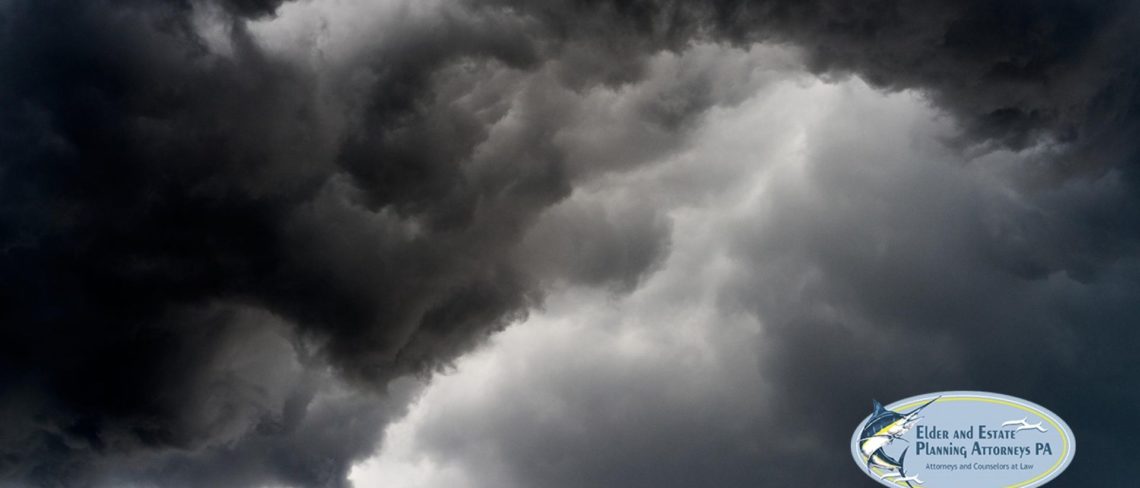For the next few months, Americans living on both coasts and in states along the Gulf of Mexico potentially face a common threat. That threat is facing a hurricane. On top of that, COVID-19 remains a public health threat in the United States. With all of this, how do you help seniors prepare for a hurricane during a pandemic? Let us take a look at how you can do just that.
A good place to start can be discussing potential hurricane risks so that older adults understand what they may come up against. Although they pose significant threats to coastal communities, hurricanes are powerful storms that often cause damage well inland, too. Make sure seniors are aware of potential dangers such as flash floods, high winds, and storm surge. By talking to older adults about these storm hazards, you can help them make informed decisions about evacuating, sheltering in place and so forth.
Additionally, be clear that staying informed can be very important during hurricane season. Most seniors have access to televisions and radios. It can also be important that they have other tools to help keep them informed about potential storm impacts.
Encourage them to get a National Oceanic and Atmospheric Administration, or NOAA Weather Radio, and set it to their local or regional emergency channel. You can also download the Federal Emergency Management Agency, or FEMA app for them. This app provides weather advisories from the National Weather Service for up to five different locations throughout the United States.
Check to see that seniors have access to the latest official guidance regarding COVID-19 and its impacts on hurricane evacuations in their community.
It may also be helpful to assist seniors in establishing an emergency plan and gathering supplies. Ask if an emergency plan is in place. If it is, ask if you can review it to see if it addresses all of their needs if they have to evacuate or shelter in place. If not, help them make a plan that addresses:
- Communication with family and friends
- Treatment of chronic health conditions
- Pets and/or service animals
Help make sure they also have the supplies they need to shelter in place or evacuate quickly. The American Red Cross suggests keeping these supplies in a “stay at home kit,” and a “go-kit.” A “stay at home kit” usually includes two weeks worth of emergency supplies such as:
- Food
- Water
- Cleaning products
- Personal necessities
- Pet food
A “go kit” usually includes enough supplies to last at least three days away from home. These are:
- Food
- Water
- Personal necessities
- Masks/face coverings for adults
- Hand sanitizer and disinfectant wipes
- Pet food and supplies
- A one-month supply of prescription and over the counter medication
Our office works with seniors and their families in hurricane-prone areas and we understand the importance of proper preparation. If you have questions or concerns about hurricane readiness during the COVID-19 pandemic, we can help you connect with community resources. We are also happy to discuss any legal implications associated with hurricane preparation and recovery. Please contact us to arrange an appointment with our elder law attorney, today.


